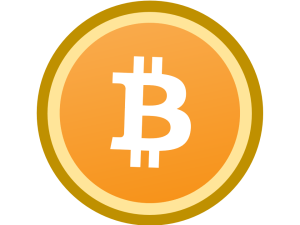Bitcoin and other cryptocurrencies are known for their decentralized architecture, and that’s what made them famous in the first place. That might not remain the case for long. In a real world scenario, the most powerful are those who have access to and control over information. Armed with the right information, one can easily control the economic and political outcomes in the world. The concept of decentralized currency lies in not empowering a single or a group of entities to exercise control over the flow of money and in turn the economy.
The same holds good with Bitcoin too. As the network keeps expanding, scaling distributed forms will become difficult after a point and the whole system will start moving towards recentralization. The ones with enough resources will have access to the whole data or core network. Normalization of so-called disruptive technology is just a matter of time. When VoIP was introduced, it was considered to be disruptive, it was celebrated as a revolution in telecommunication. It was assumed that VoIP will decentralize telecommunications by depriving telecom operators the total control over airwaves and sharing it across the Internet.
Similarly, as the mining pools become more powerful, they end up controlling a major part of the Bitcoin infrastructure. When a single entity or a group of entities have a large part of the infrastructure under their collective control, it again tends to cause centralization.
In addition, the underlying Blockchain technology has more potential than just supporting Bitcoin transactions. Blockchain eliminates the need for a trusted third party like the central bank or similar financial institution to process transactions. This is made possible by the distributed consensus process.
Blockchain technology is being gradually adopted for various purposes. Recent innovations in this regard have leveraged upon Blockchain’s principle of consensus process to get rid of middlemen in other scenarios. It can be used for managing other financial instruments like securities, equities and derivatives, electronic contracts etc. There is proof of existence platforms that use Blockchain technology to authenticate and verify the authenticity of documents. Any electronic document can be notarized by uploading them to as non-transactional data into the Bitcoin Blockchain. The resulting hash generated acts as a reference for the content.
This hash key can be used to verify the origin and authenticity of any document or artwork in the system. The same Blockchain technology is also being used to manage medical records.
Bitcoin may not remain the same in the future, but the technology behind it definitely has a lot of applications which might stay in use for years to come.
Source : http://www.newsbtc.com/2015/05/03/whos-going-to-stay-bitcoin-or-blockchain-opinion/
Click on the bitcoin logo below to buy, use or accept bitcoin. Unocoin is India’s most popular bitcoin wallet.
To read the bitcoin white paper, visit: https://bitcoin.org/bitcoin.pdf








